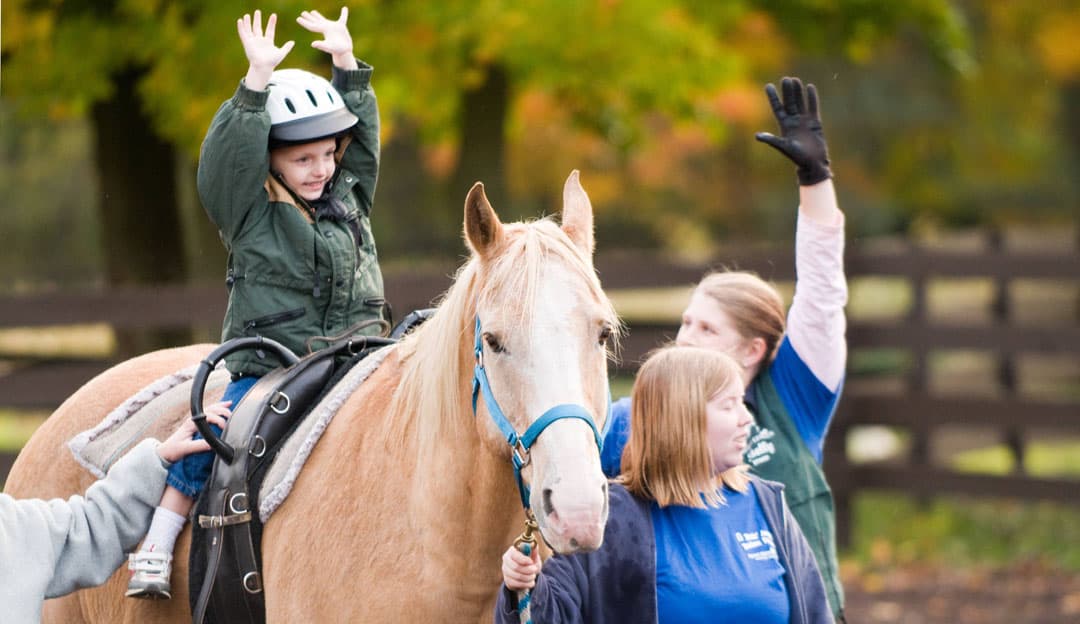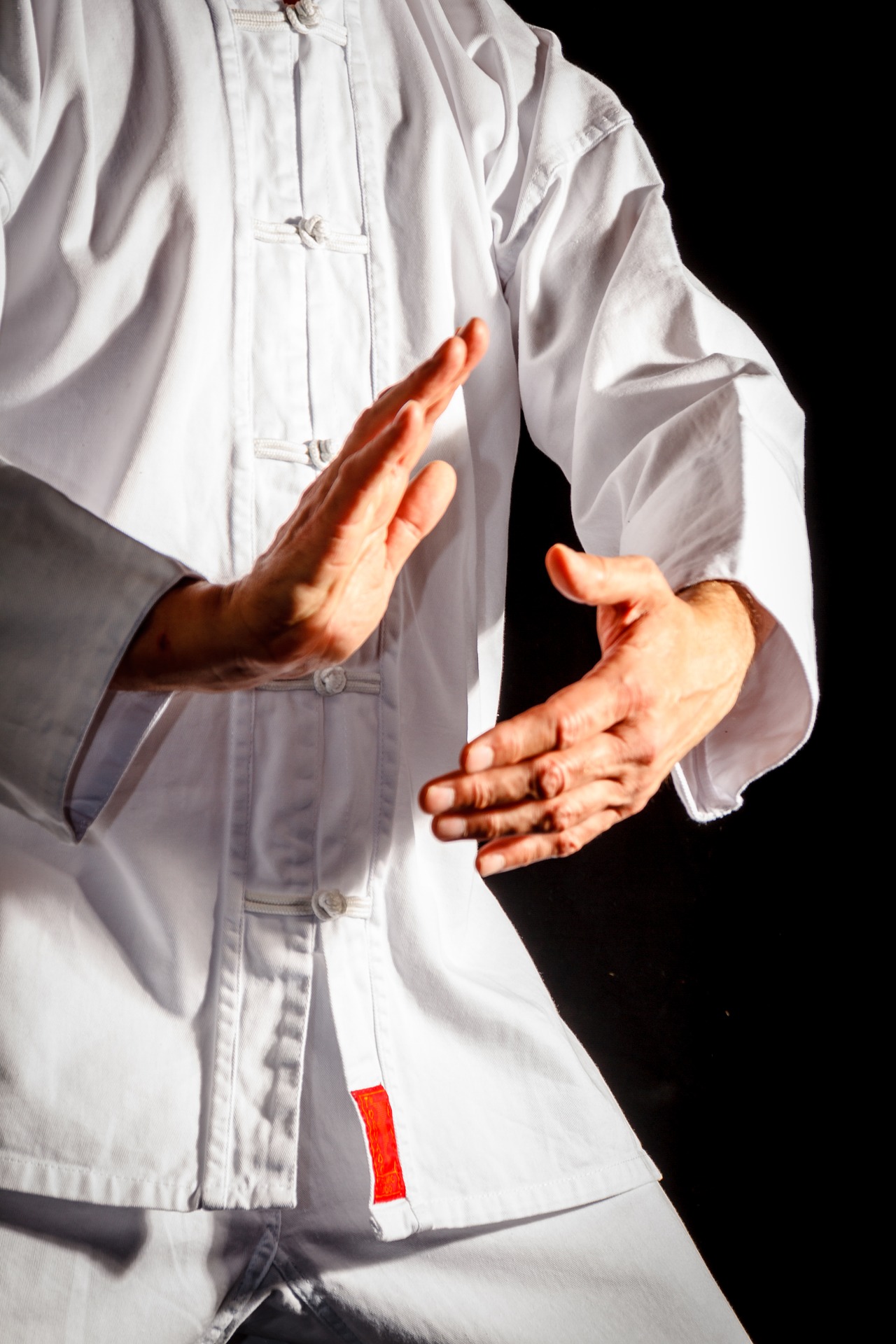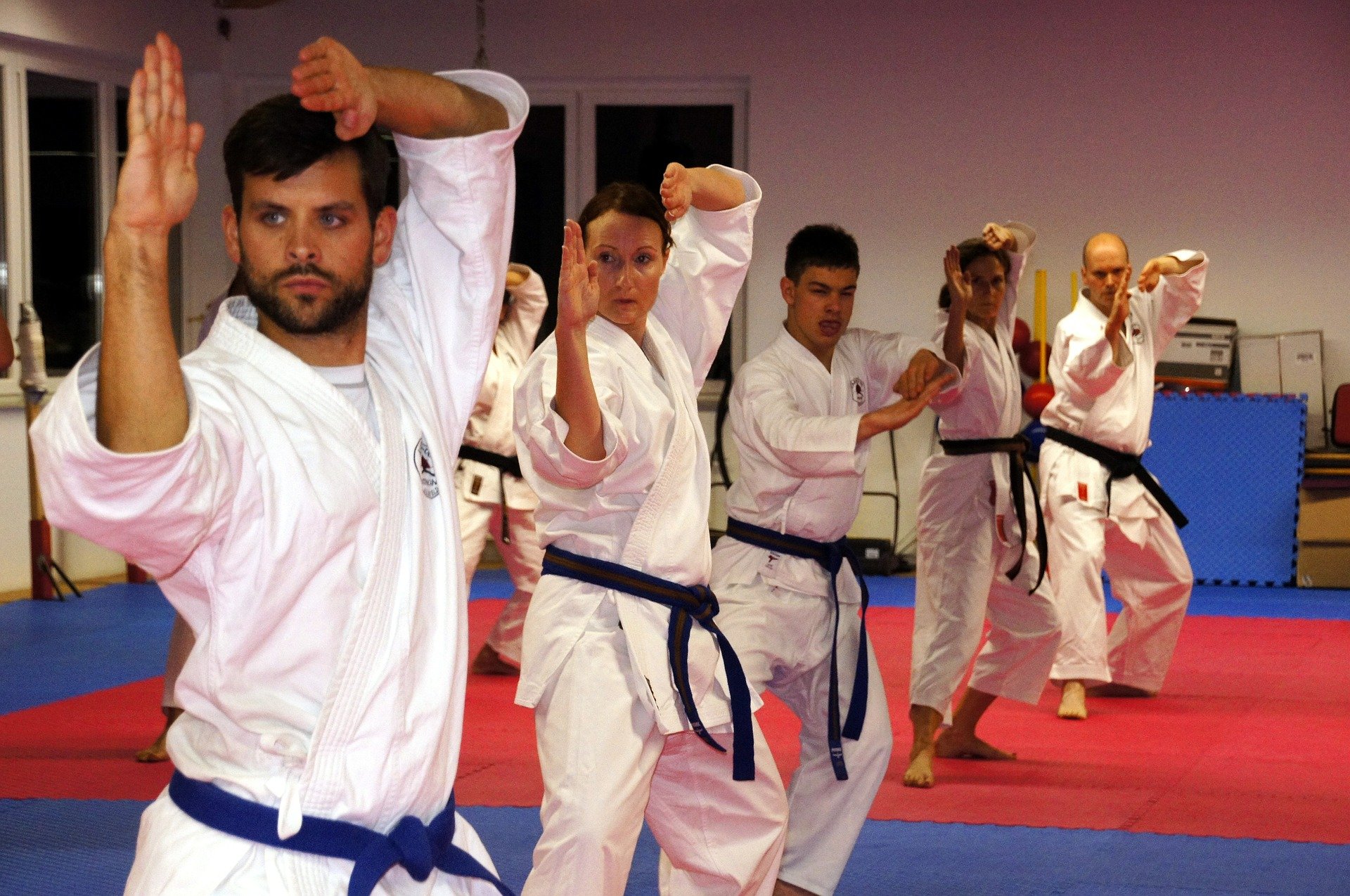Just like us, horses greatly benefit from keeping physically tuned up with regular structural alignment and massage to help injuries heal and maintain optimal movement. Whether your horse is for pleasure or performance, keeping him structurally balanced improves his athleticism and well-being. Following veterinary assessment, certain health conditions require physiotherapy, and the veterinary surgeon may refer the horse for further treatment to be administered by a suitably qualified therapist. It is designed to develop skills of independent enquiry and an awareness of developments in equine therapies, broadening the learner’s perspective on the treatment of equine disease and injury. For more information on equine therapy in Victoria visit our website https://hamerequineassistedlearning.com/.

Equine Assisted Therapy
There are lots of university programs that cater for equine studies, such as the option to achieve a professional riding certificate or a professional horse training certificate. Would my horse benefit from equine therapy? Elephants, dolphins, dogs, and cats can also be used in therapy. The programme can provide the basis for additional specialist training within specific modalities. Training relating to the field of equine physiotherapy. Read more: https://hamerequineassistedlearning.com/what-we-do/
If, upon completion of the Equine Physiotherapy Diploma Programme you intend to progress to post-graduate study, check the exact entry requirements of the university offering the MSc you wish to apply for. Upon completion of this programme learners will have encountered concepts that encompass all aspects of equine therapy from simple massage techniques to the use of sophisticated machines and equipment, and will be equipped to progress into this emerging field as an educated equine therapeutic practitioner.

Completion of the qualification will meet the needs of learners aiming to work in the field of equine physiotherapy, providing the skills set needed to work as an equine healthcare paraprofessional and carry out non-invasive therapeutic techniques. The Equine Physiotherapy Diploma Programme has been designed to meet the needs of learners aiming to work in the field of equine physiotherapy with particular reference to UK laws. Who is allowed to perform physiotherapy. The IAAT is an international group of therapists who work under veterinary referral.
Equine-Assisted Therapy for Mental Health
Compensation and weight referral compound the issue until the horse that had just seemed slightly “off” is now truly uncomfortable or worse. Spinal misalignment shows up in many ways, from obvious pain or lameness to changes in behavior such as when a good horse suddenly starts misbehaving. Is your horse exhibiting any of these signs of misalignment? For example, if the person is timid, the horse will be timid.
The HCPC states that prefixes such as “Animal”, “Equine” or “Veterinary” clearly indicates that the person concerned does not treat humans and that there is no intention to deceive. There is a high level of interest in equine therapies and a peruse of the internet reveals many courses and training programmes available in the UK, from a relatively basic standard through to Masters level, enabling learners to train and qualify in a wide range of therapeutic modalities and, once qualified, many go on to offer therapy and rehabilitation as a professional service.
We offer equine-assisted therapy with several of our residential mental health programs and outpatient options. Hence, equine therapy supports the development of positive relationships with oneself, other people, and our animal friends. TOCES takes a positive approach to professionalism. High standards in professionalism and clinical proficiency are assured through IRVAP’s stringent accredited registration process. The Sector Skills Council’s (Lantra) National Occupational Standards (NOS). This provides retired horses the opportunity to continue using their skills. Our Equine-Assisted Learning (EAL) clinics provide both children and adults the opportunity to build safe relationships with horses while working on personal development, social, emotional and relationship building skills.
At Avalon Hills, our horses are on site, and clients have the opportunity to ride them each week. Pleasure horses and companions are equally susceptible; rough-housing with herd mates at pasture, slips and falls, or that occasional weekend warrior ride on an unfit horse can have you scratching your head looking at a “mystery lameness”; your horse is no longer feeling or moving quite right.
This programme enables learners to study the static and dynamic structure of the horse and the link between structure, movement, soundness and performance. Learners will investigate the range of manual therapies and therapeutic machines, appraising their benefits and mode of use. Learners will develop an understanding of the merits, modalities and application of a range of physical therapies and rehabilitation strategies used to restore and maintain mobility, function and performance in the horse. Physiotherapy is interpreted as including a range of manipulative therapies including osteopathy.
Physiotherapy includes the use of specially designed exercises and equipment to promote, maintain and restore physical health and abilities. Our drug and alcohol rehab program also includes treatments which address all of the relapse factors and metaphysical components of your addiction. Equine Assisted Therapy incorporates a range of treatments that includes activities with horses to help support physical, occupational, and emotional growth in people of all ages and helps create a compassion for all living things.
Support by ASDF means that financial issues won’t hold you back from giving your child the therapy he needs, providing him with the gift of emotional bonding, communication, and skills that will help him today and continue to enrich his life in the future. Equine-assisted therapy work often helps clients change and grow more effectively and quicker than traditional clinical and psychological approaches. One of the most common forms of equine-assisted activities, therapeutic riding, is defined by PATH Intl. Julia Oliver, Director of Meadowstone Therapeutic Riding Center and certified PATH Intl Instructor, works with populations in recovery.
Facilities at this center are luxurious, with a pool, private apartments. Parents with teens diagnosed with bipolar who have tried a variety of different medications over the years without too much success are those most likely to see benefit from such a residential treatment center. With regard to who is allowed to perform physiotherapy and under what circumstances, the Veterinary Surgery exemption order (1962) allows for the treatment of animals by “physiotherapy”, provided that the animal has first been seen by a veterinary surgeon who has diagnosed the condition and decided that it should be treated by physiotherapy under his or her direction.
Many of the high quality under-graduate programmes are run as full-time programmes; this mode of study isn’t always convenient or possible for the intended student profile of TOCES’ Equine Physiotherapy Diploma Programme. Registration with IRVAP coupled with endorsing the shared values of the animal therapy profession empowers the Code of Practice to raise standards, increase public protection and promote the best possible service for animals and their owners. Like our Facebook page!


